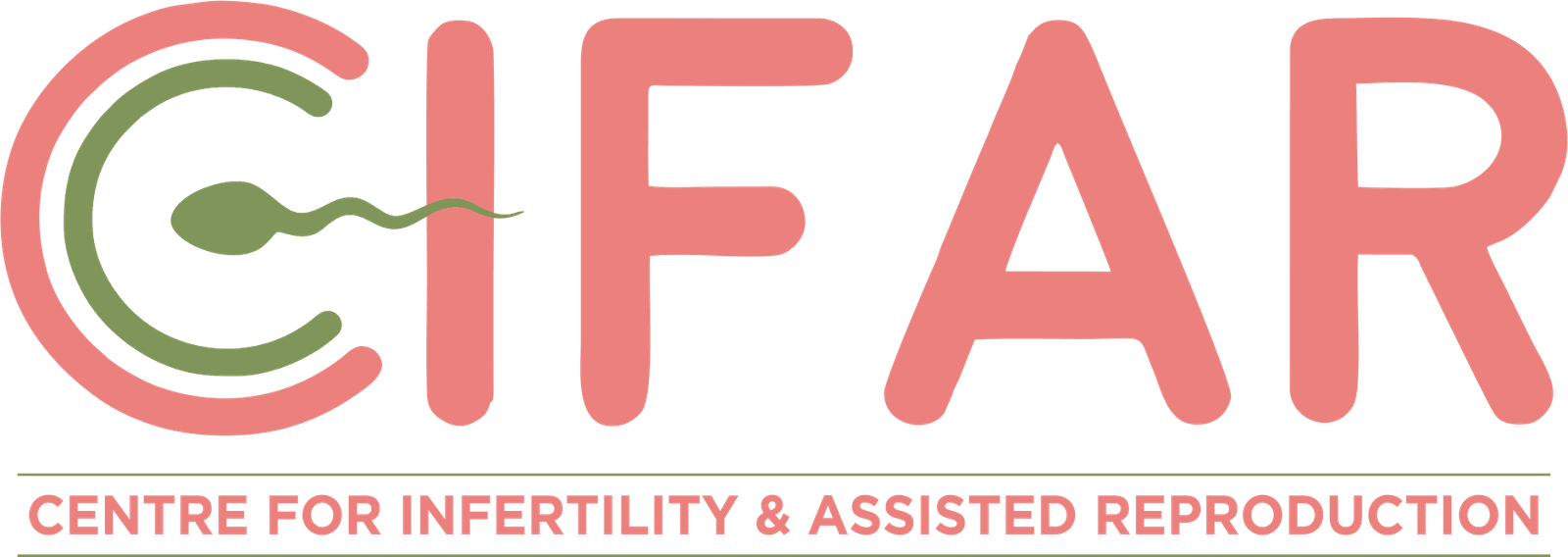Oncofertility If you have recently been diagnosed with cancer, you are probably feeling a variety of emotions. One of them could be concern about how cancer and cancer treatment will influence your ability to have children. If you have survived cancer, you may be experiencing fertility issues such as ovarian failure or decreased sperm production. Regardless of where you are…
What is Embryology Lab? An embryology lab is a specialized laboratory where critical processes involved in assisted reproductive technologies (ART), particularly In Vitro Fertilization (IVF), are carried out. Here are the key components and functions of an embryology lab: The primary elements that you should keep in mind are: We used the most advanced embryology lab at CIFAR, the Centre…
Every year in June, World Infertility Awareness Month is observed under World Health Organisation. A public health concern worldwide- infertility-for which awareness can be raised which will assist more couples realise they are not alone on their path to begin or expand their family and especially if there is a struggle happening to do so.. Furthermore, a lot of people…
What is Hypertension? According to Dr Puneet Rana Arora, Hypertension, or high blood pressure, is a medical disorder characterised by persistently elevated force exerted by the blood on the walls of your arteries. This exerts additional pressure on your heart and augments the likelihood of severe health complications such as cardiovascular disease, cerebral infarction, and renal insufficiency. Here’s a breakdown…
What is Thalassemia? Thalassemia is a group of inherited blood disorders characterized by abnormal haemoglobin production. Haemoglobin is a protein found in red blood cells that carries oxygen throughout the body. There are two main types of thalassemia, alpha thalassemia (Major thalassemia) and beta thalassemia (Minor thalassemia), depending on which part of the haemoglobin molecule is affected. Thalassemia can result…
Hand hygiene is essential for IVF safety. During IVF, eggs and sperm are handled in a laboratory setting to create embryos. These embryos are very delicate and susceptible to infection. Proper hand hygiene by staff and patients can help to reduce the risk of contamination and improve IVF success rates. Here are the 9 key steps for proper hand hygiene…
HIV, also known as Human Immunodeficiency Virus, can greatly impair fertility in both males and females, mostly because of its impacts on the reproductive system and overall well-being. Let’s counter with some facts and statistics. Infertility can be affected by HIV in the following ways: Impact on Men’s Fertility: Impact on Women’s Fertility: Transmission of HIV during Conception: HIV can…
Polycystic ovarian syndrome (PCOS) is a complex hormonal condition that is characterised by long-term absence of ovulation. The typical signs of PCOS include irregular menstrual cycles, excessive hair growth (hirsutism), and weight gain. It can have a significant impact on fertility due to various hormonal imbalances and associated symptoms. Infertility is most frequently caused by Polycystic Ovary Syndrome (PCOS), which…
When considering the optimisation of one’s diet for the success of In Vitro Fertilisation (IVF), it is imperative to take into account certain crucial elements. A healthy diet can play a crucial role in supporting fertility and IVF success. Below is a thorough summary encompassing all the essential information regarding the optimal IVF diet: Nutrient-Rich Foods: The consumption of nutrient-dense…
According to the WHO report, the estimated prevalence of Down syndrome is approximately 1 in 1,000 to 1 in 1,100 live births globally. Annually, an estimated 3,000 to 5,000 infants are born with this genetic abnormality. What is (PGT-A)? Preimplantation Genetic Testing for Aneuploidy (PGT-A), previously referred to as preimplantation genetic screening (PGS), is a method employed in the context…
